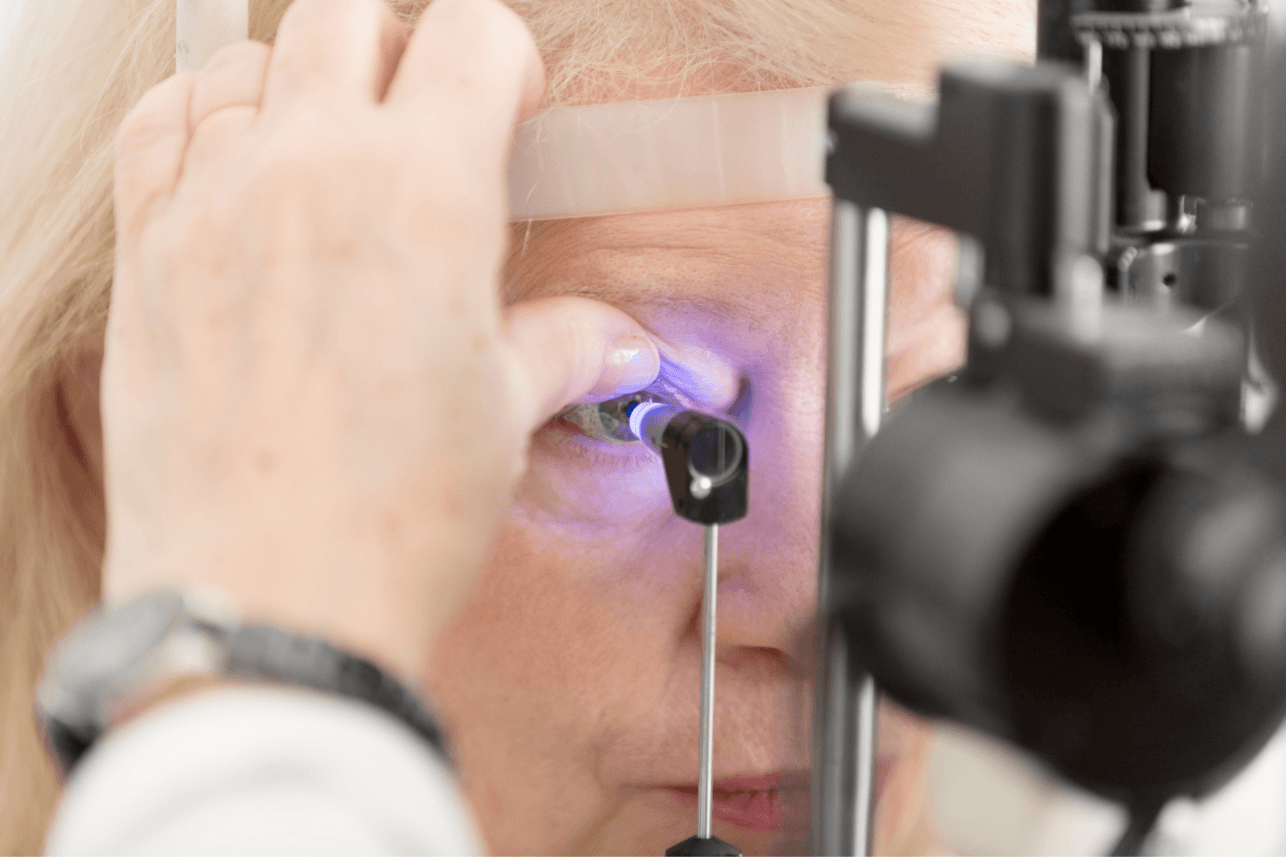The eyes are an important part of people’s health, but in some cases they tend to overlook its care. Some eye diseases like Glaucoma, can lead to vision loss so it’s important to be aware and take action to detect it as early as possible. Here are the basic facts you should know to care for your eyes and your overall health.
What exactly is Glaucoma?
Glaucoma is a group of diseases that damage the eye’s optic nerve and can result in vision loss and even blindness. It is the second leading cause of blindness worldwide. In America, about 3 million people have it.
Who is at risk?
50% of people with glaucoma don’t know they have the disease because there are often no early symptoms. So bear in mind that anyone can develop Glaucoma. While it’s true that anyone can develop Glaucoma, some people are at higher risk of developing it – people who are 60 and older, and those with a family history of the disease. Some health conditions like nearsightedness, hypertension, or diabetes, puts you at higher risk too because these conditions can add to increased eye pressure that damages the optic nerve.
What are the symptoms to watch out for?
There are two main types of glaucoma, each with different symptoms. In open-angle glaucoma, the most common type, the eyes' drainage system becomes blocked slowly over time, so symptoms are not always pronounced. Gradual loss of peripheral vision is the primary symptom. But often, individuals who have the disease experience no symptoms at all.
In closed-angle glaucoma, the eye's drainage system becomes blocked suddenly, causing acute, severe pain in one eye. Other symptoms include: Nausea, decreased vision, halos around lights and a swollen eye. Closed-angle glaucoma is an emergency and can lead to complete vision loss within 24 to 48 hours, so it's important to see a doctor right away.
What to do to protect your vision?
For starters, get examined. It’s important to get examined to assess what your risk is. The American Academy of Ophthalmology recommends that adults, beginning at age 40, should get regular comprehensive eye exams with an ophthalmologist. People who are 65 and older should get an eye exam every one to two years. Those with chronic conditions, such as diabetes or high blood pressure, and known eye diseases or other risk factors may need to get checked more often and the sooner, the better.
Is there a way to treat it?
It’s scary, but here’s some good news: If Glaucoma is diagnosed early and treated properly, you may be able to prevent additional vision loss and eventually prevent blindness.
So if you or someone you know are diagnosed with Glaucoma, there are treatment options. Patients may be given medication, have surgery or get a combination of both. Laser and conventional surgical procedures help fluid drain out of the eye by widening the eye's drainage system or creating a new opening through which fluid can flow. Medication, usually in the form of eye drops, reduces fluid production or increases the exit of fluid from the eye.
It’s best to consult your doctor about the treatment options you can get.
They say eyes are the windows to the soul, but it is also your window to the world. It helps you make sense of the world around you and appreciate everything that comes with it. That’s why, it’s important to adjust your focus and look the facts straight in the eye so you don’t miss out on the necessary care and preventive measures you should know. If you need help, Care Indeed has professional caregivers who can support daily routines that promote good health and overall healthy living. They ensure that clients are supported whatever their health condition is.
Care Indeed can help clients find the right, dependable, and trustworthy caregivers. Contact Care Indeed today to learn more about the services they can provide.
